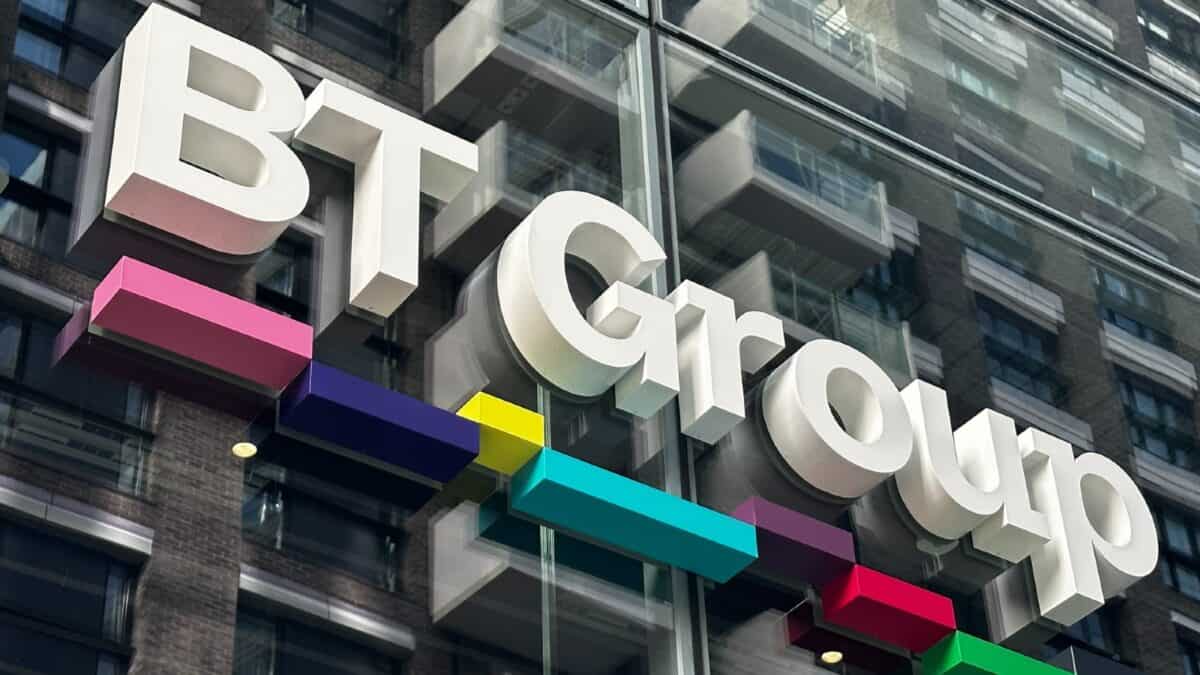Not only is the BT (LSE:BT.A) share price down 26.7% over 12 months, but the stock has lost half of its value over five years. This telecoms giant really hasn’t been good to investors. So could a change be on the horizon? Let’s take a closer look.
Earnings
BT Group reaffirmed its annual guidance on 1 February as it reported flat adjusted earnings for the third quarter and a revenue uptick propelled by heightened pricing strategies.
The telecommunications giant said that adjusted core earnings for the three-month period ending 31 December increased by 1% to £2.03bn, with revenue climbing 3% to £5.3bn.
Over the nine-month period, adjusted revenue reached £15.8bn, marking a 3% increase. This is primarily attributed to price escalations and the sale of fibre-enabled products within its Openreach broadband segment, coupled with augmented service revenue in its consumer division.
Telecommunications firms have been able to stay one step ahead of inflation with mid-contract price adjustments, typically calculated at the consumer prices index plus 3%. BT, after implementing one final increase this year, has said it will scrap these increases in future.
Competitive valuation
The above earnings from the first nine months of the year have led analysts to forecast earnings per share (EPS) of 15.65p this year. At the current price, that means 6.8 times forward earnings. That’s certainly not expensive by FTSE 100 standards. That also means it’s cheap that North American giant Verizon Communications, at 8.6 times forward earnings, and Telefónica, at 13.6 times forward earnings.
However, issues come when we look at growth. Verizon and Telefonica are expected to grow modestly over the coming years, as indicated by some fairly unattractive price-to-earnings-to-growth ratios. But BT isn’t expected to register any growth at all.
In fact, analysts are forecasting earnings to fall and then stagnate with EPS of 15.27p in 2025 and 15.27p in 2026. Clearly, that’s not what we want to see from an investment opportunity.
Turnaround needed
Not only are earnings set to fall, but the company’s net debt position is £19.9bn — up from £18.9bn in March. BT carries more debt than the size of its market-cap, with more than £2.5bn set to be repaid in 2025 alone.
One reason for this is the vast expense of extending its fibre products to UK households. A general rule of thumb, it costs around £85m to rollout FTTP to 100,000 households. As such, its plans to continue extending its reach would mean £15bn in Capex over the years to 2029.
Personally, I’m not all that bullish on BT shares. I accept the price may rise as interest rates fall. That’s purely due to the falling attractiveness of cash and debt. But the business is stagnating and is in need of a Rolls-Royce-style turnaround. Of course, the 7.2% dividend yield and coverage is pretty strong, but that’s not enough to tempt me.





